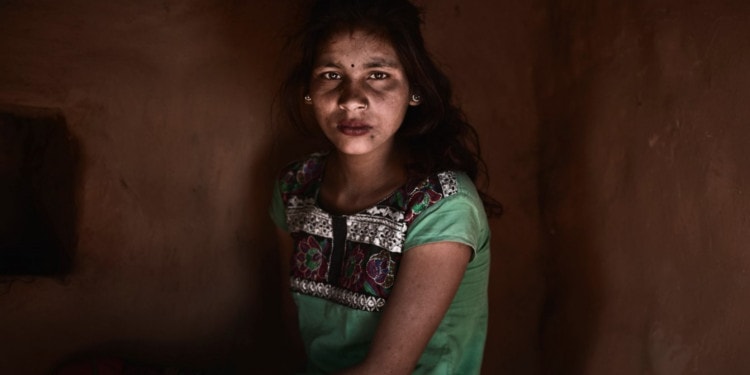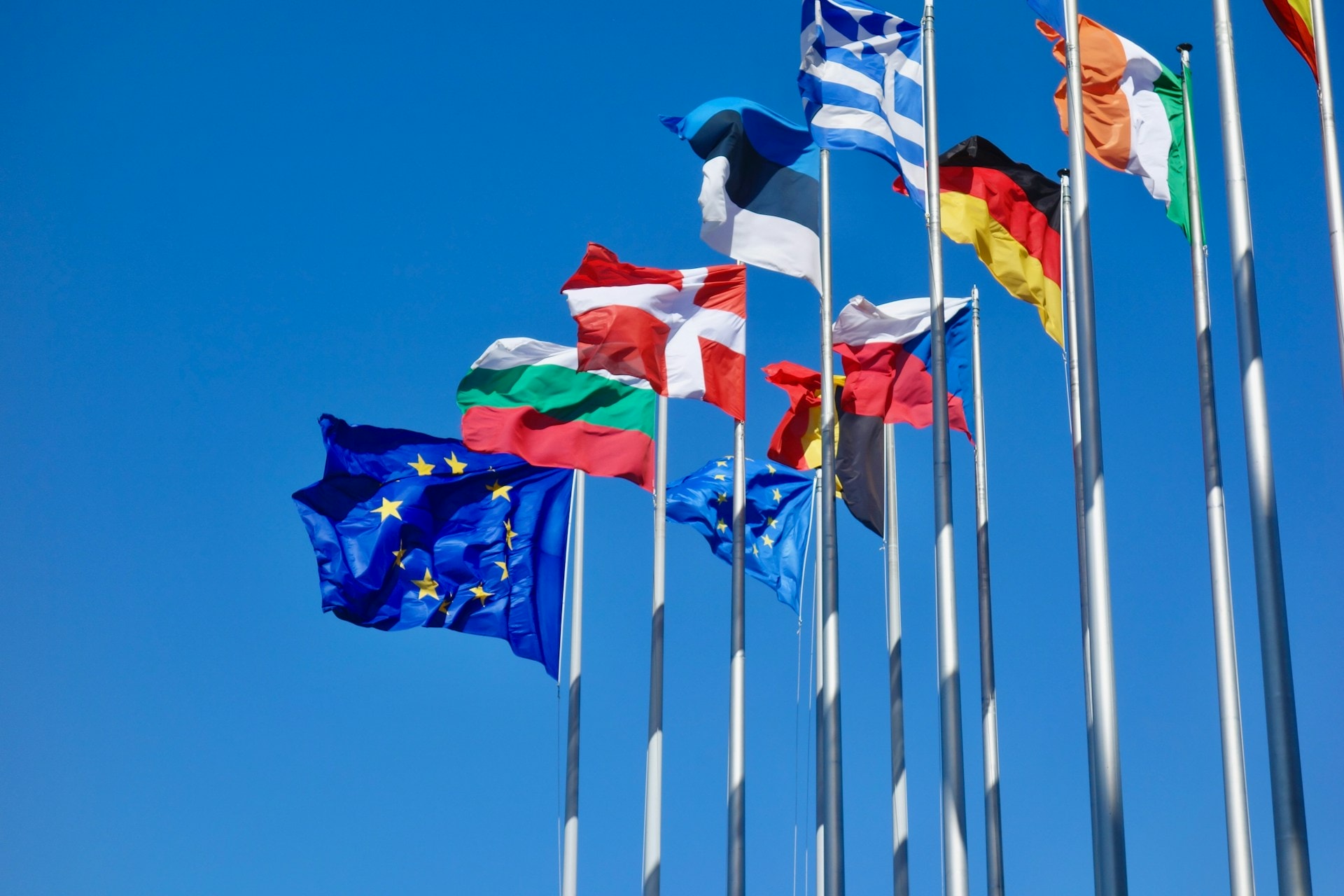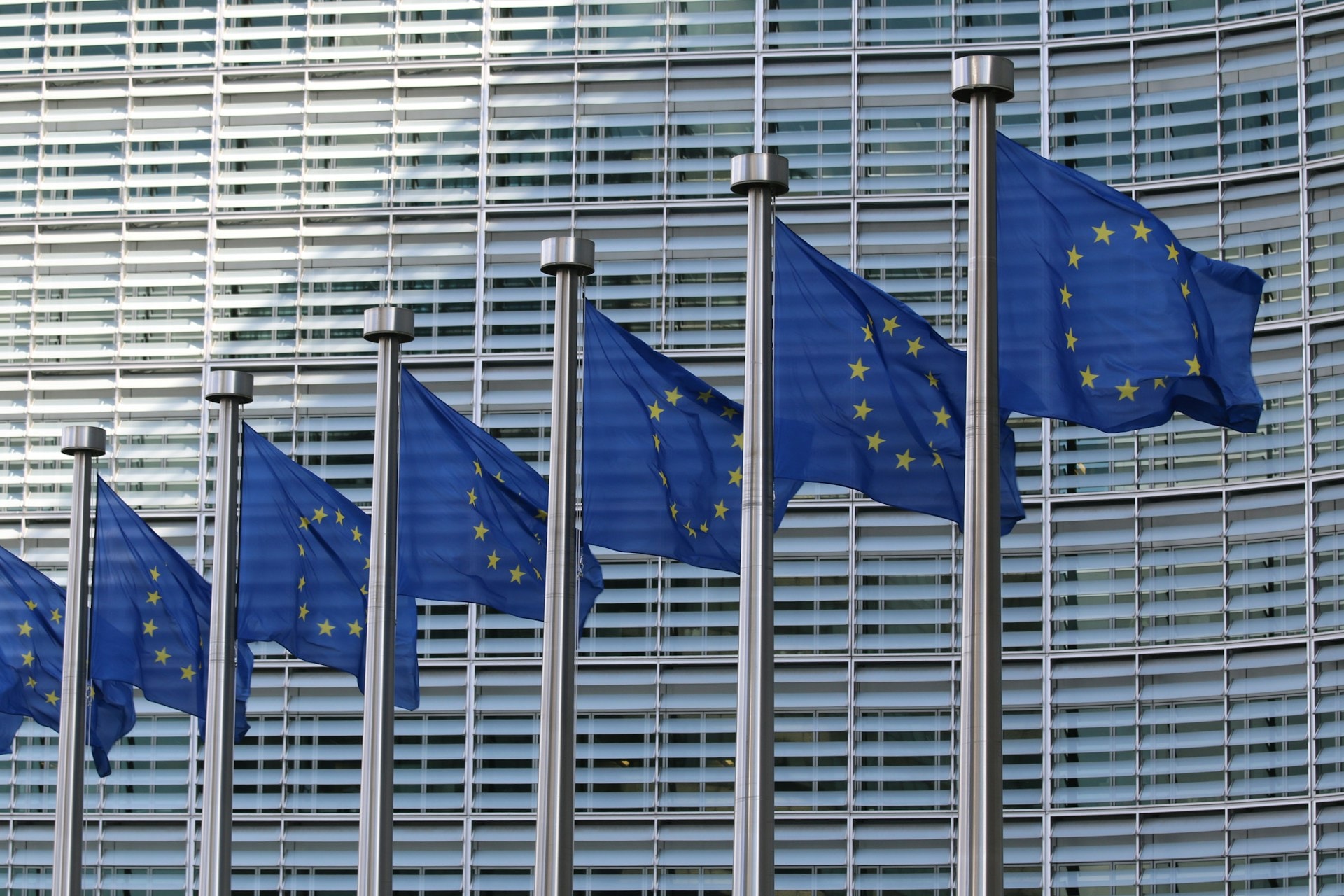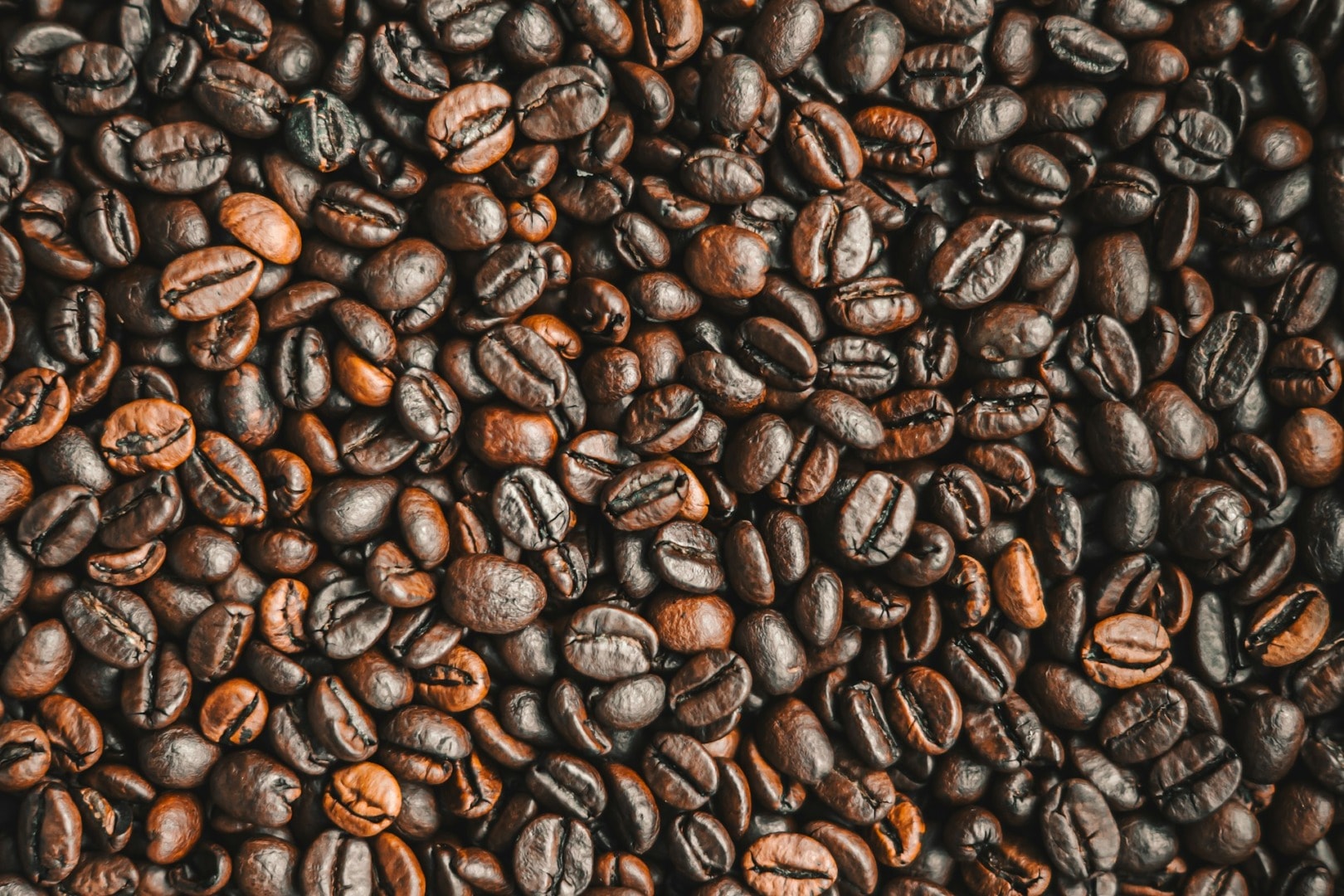We have entered another era of milestone moments for women’s rights – triggered in large part by the #MeToo movement exposing further and wider the sexual harassment and assault that activists have for long been highlighting worldwide. And this has shown us that while significant progress has been made to end gender discrimination, the scale of the problem is vast and still growing.
Every day we hear more stories showing the violence, oppression and economic injustice faced daily by women and girls – from LA to London to Nairobi to Dhaka, none of which are new. All persistently link to the web of unequal power relations between women and men that patriarchy has created.
It is now so complex and grounded; shaping formal and informal rules and institutions worldwide; that women are girls are endemically disadvantaged. It manifests in every sphere of life and can be seen through their absence from school; from decent, rewarding and fairly paid jobs; and from decision-making.
 In the Photo: Schoolgirls play in the playground of Balicabane school, close to Somaliland’s border with Ethiopia. Photo Credit: ActionAid
In the Photo: Schoolgirls play in the playground of Balicabane school, close to Somaliland’s border with Ethiopia. Photo Credit: ActionAid
When understood in this context, the need for United Nations’ Sustainable Development Goal 5 (SDG5) is devastatingly obvious. Goal 5 commits the UN’s 193-member states to ending all forms of discrimination against all women and girls everywhere by 2030. That is twelve years away, which does not seem soon enough. However, it is a heartbeat in comparison to the years it has taken for the patriarchal norms we are tackling to become so deep-rooted.
It is also important to remember that we have already attempted this before, through the Millennium Development Goals. At that time, the goal was to ‘promote gender equality and empower women.’ The fact that this issue – albeit under a different title – has made it into a new set of goals signals the extent of work still needed.
So what progress have we made this time around? And how can we ensure that whatever is done towards ending gender discrimination is not just a tick-box exercise?
In the countries where ActionAid works, which currently amounts to over 40, our local community-based staff partner up with women and girls working hard to reclaim their rights and providing unparalleled insights into how best to tackle the deep-rooted beliefs that women should not be treated equally to men and should, in fact, belong to them, for them to control as they see fit.
In this way, progress is being made daily as these inspiring local activists, many of them women, regularly speak to those in power at local, national and international levels, demanding they show leadership in combatting violence against women and girls, enable them to access opportunities and provide more funding for women’s rights organisations who are on the frontline of this battle.
They also go into communities and teach other women and girls their rights, supporting them to get an education or find employment. They train parents, teachers, local police and legal advisors to recognise the signs of violence and to report it. And they support survivors of violence access the services they need and the justice they deserve. This includes access to health workers who can support them through the trauma, and support to report to police stations and pursue a court case. This is a framework that sustains long-term change by overturning social norms and empowering women and girls to participate freely in society, without fear – getting to the very heart of SDG5.
 In the Photo: Students Abigail (R) and Purity (L) in class, West Pokot. They are both victims of gender discrimination. Photo Credit: Action Aid
In the Photo: Students Abigail (R) and Purity (L) in class, West Pokot. They are both victims of gender discrimination. Photo Credit: Action Aid
The women and girls we support in Bangladesh, for example, are working closely with acid attack survivors to ensure they feel confident enough to step outside and not remain hidden, ostracised by their communities. This has lead to them influencing government policy on the import and sale of acid and organising fashion shows that redefine the concept of beauty by celebrating inner strength and resilience and promoting the message that a woman’s body is her own to control.
Acid attacks are a heinous crime, played out on women’s bodies. Women are left in agony, often severely disfigured, and shunned by society. It is thus common for women and girls to feel discouraged from speaking out against their attackers and leading normal lives but instead they have established a national network with more than 250 members to encourage each other to do just that. Last October, they also brought their message to London, after a spate of attacks took over the capital and made headlines through their inspiring acts of defiance.
 In the Photo: The Old Truman Brewery, Brick Lane, London. 10th October 2017. ‘Survivors’ Runway’ led by acid attack survivors from Bangladesh. Photo Credit: ©Chris Yates
In the Photo: The Old Truman Brewery, Brick Lane, London. 10th October 2017. ‘Survivors’ Runway’ led by acid attack survivors from Bangladesh. Photo Credit: ©Chris Yates
Meanwhile, over in Africa, the fight to end female genital mutilation is going from strength to strength thanks to this sustained type of activism. In 2017, the UN reported that the incidence of FGM globally has declined by 24 per cent since 2000 and in January 2018 Africa’s first female president Ellen Johnson Sirleaf signed an executive order banning the practice in the country for girls. 24 countries in Africa now ban FGM, according to UNFPA.
Related Articles: Types of Violence against Women and Girls | 10 Ways You Can Help End Violence Against Women — Even During a Pandemic
Meko Aman from Seru in Ethiopia is the first woman in her community to get married without undergoing FGM. “Now anyone can report FGM to a Woman’s Watch Group. [The group] will try to convince parents against the practice and take individuals who persist to court. They spare girls, one way or another,” she told ActionAid staff when they visited.
And these are just a few, small examples of landmark win Other more recent ones that have gained international attention include legislators in Jordan, Lebanon and Tunisia voting to abolish elements of a penal code that permitted rapists to escape punishment by marrying the woman they raped. “A white dress doesn’t cover up rape” read one of the key messages in this campaign. The Nepalese government enacting have enacted a new law that banned the practice of forcing a woman or a girl to sleep outside whenever they are menstruating – a practice called chaupadi that involves freezing, isolated huts. And the Supreme Court in India outruling has passed a judgement against the ‘triple talaq’, where a man can grant himself an instant divorce simply by saying the word ‘talaq’ three times. The judges said the law violated Indians’ right to equality and personal liberty.
 In the Photo: Chaupadi. Nepal. 2018. Ishu, 14, lives in the village of in the Doti District, Nepal. She practices chaupadi every month. IshuÕs mother says that she does not agree with the practice and only enforces it as a result of social pressure. Photo Credit: ActionAid
In the Photo: Chaupadi. Nepal. 2018. Ishu, 14, lives in the village of in the Doti District, Nepal. She practices chaupadi every month. IshuÕs mother says that she does not agree with the practice and only enforces it as a result of social pressure. Photo Credit: ActionAid
This year meanwhile, the chance to repeal Ireland’s eighth amendment, which made abortion illegal for women, even in the case of rape and severe risks to health, resulted in a landslide win for women’s right to control their own bodies. It was heralded as being a day when women could rightfully take their place in Irish society and not be treated as second-class citizens.
But while significant progress has been made in many respects, the rights of women and girls continue to be violated on multiple fronts. There appears to be a growing backlash in line with every step forward women and girls take to speak out and seek justice. The horrific escalation of rape attacks in India over the last few months alone bears evidence to this trend. India is now considered to be the most dangerous country for women and girls, as reported by a recent Thomson Reuters Foundation global survey, when in fact no place on earth should be.
For many, this violence also remains close to home. In 2012, almost half of all women who were victims of intentional homicide worldwide were killed by an intimate partner or family member, compared to 6 per cent of male victims. On the basis of data from 2005 to 2016 for 87 countries, meanwhile, 19 per cent of women between 15 and 49 years of age said they had experienced physical and/or sexual violence by an intimate partner in the 12 months prior to the survey.
Even when laws against traditional practices are passed, they often go unheeded in communities where local chiefs and religious leaders wield more influence than the government – the campaigners ActionAid works within Nepal, for example, report that the new law banning chaupadi has failed to make an impact. Women and girls are still being sent from their homes every time they have a period. For one girl this proved fatal just a few months ago.
 In the Photo: The march is in solidarity with women and girls worldwide affected by misogynistic policies and aims to celebrate ActionAidÕs work empowering women and girls to reclaim their basic human rights and say #MyBodyIsMine. Photo credit: Matt Alexander/PA Wire
In the Photo: The march is in solidarity with women and girls worldwide affected by misogynistic policies and aims to celebrate ActionAidÕs work empowering women and girls to reclaim their basic human rights and say #MyBodyIsMine. Photo credit: Matt Alexander/PA Wire
This context is further marred by rape still being used as a weapon of war. A new report by the UN secretary general António Guterres documents that many of the Rohingya refugees who fled Myanmar last August “bear the physical and psychological scars of brutal sexual assault.” Indeed, ActionAid’s humanitarian response team has been prioritising safe spaces for women and girls because of this and Farah Kabir, country director of ActionAid Bangladesh, reports it as being one of the worst crises’ she has seen in nearly 15 years of delivering humanitarian aid.
Discrimination continues to extend into the political and economic sphere as well, with devastating impact. In 2015, ActionAid calculated that women could be as much as $9 trillion better off if their pay and access to paid work were equal to that of men but since then little has changed. In 2017, the UN reported that the average amount of time spent on unpaid domestic and care work is more than three times higher for women than men, according to data from 83 countries and areas – greatly hindering their rights to education, decent work and participation in decision-making. For women and girls living in poverty with limited access to gender-responsive public services, such as childcare, education, water, sanitation and healthcare, the burden hugely intensifies.
 In the Photo: Sita Parki, 26 years old is a woman activist of REFLECT circle formed under the Equity Development Centre. Koirili village, Doti District Nepal. Photo Credit: ActionAid
In the Photo: Sita Parki, 26 years old is a woman activist of REFLECT circle formed under the Equity Development Centre. Koirili village, Doti District Nepal. Photo Credit: ActionAid
Gender pay gap data in the UK meanwhile has illustrated clearly how far the world still needs to change before women are paid the same as men – same goes for reaching senior positions. Meanwhile, women’s participation in single or lower houses of national parliaments worldwide are only slowing catching up – they reached 23.4 per cent in 2017, just 10 percentage points higher than in 2000. When Sadia Abdi, country director of ActionAid Somaliland, joined me to participate in the Women’s March London against Mr Trump’s visit last month, she said it is the example set by global powerhouses and political leaders that influence the rate of progress in her own country. When the male leaders of her local communities, for example, hear of Mr Trump’s misogynistic policies, they grow confident that they can continue doing the same.
In sum, urgent action is now needed if we are to meet our 2030 deadline to end gender discrimination. We have seen that where women and girls lead change, the results are incredible. But there continues to be a major lag between policy and practice so more vigorous efforts are needed to channel more support and funding towards the new frameworks these local activists promote. We must stop wasting time responding merely to those built on the foundation of patriarchy as it merely slows us down.
If SDG5 and its aims sound lofty, it is because they are – and must be. They are about asking ourselves what kind of world we want to live in and have the confidence to take the actions that will make it exist.
EDITOR’S NOTE: The opinions expressed here by Impakter.com columnists are their own, not those of Impakter.com. Cover Photo Credit: Gender discrimination by ActionAid














